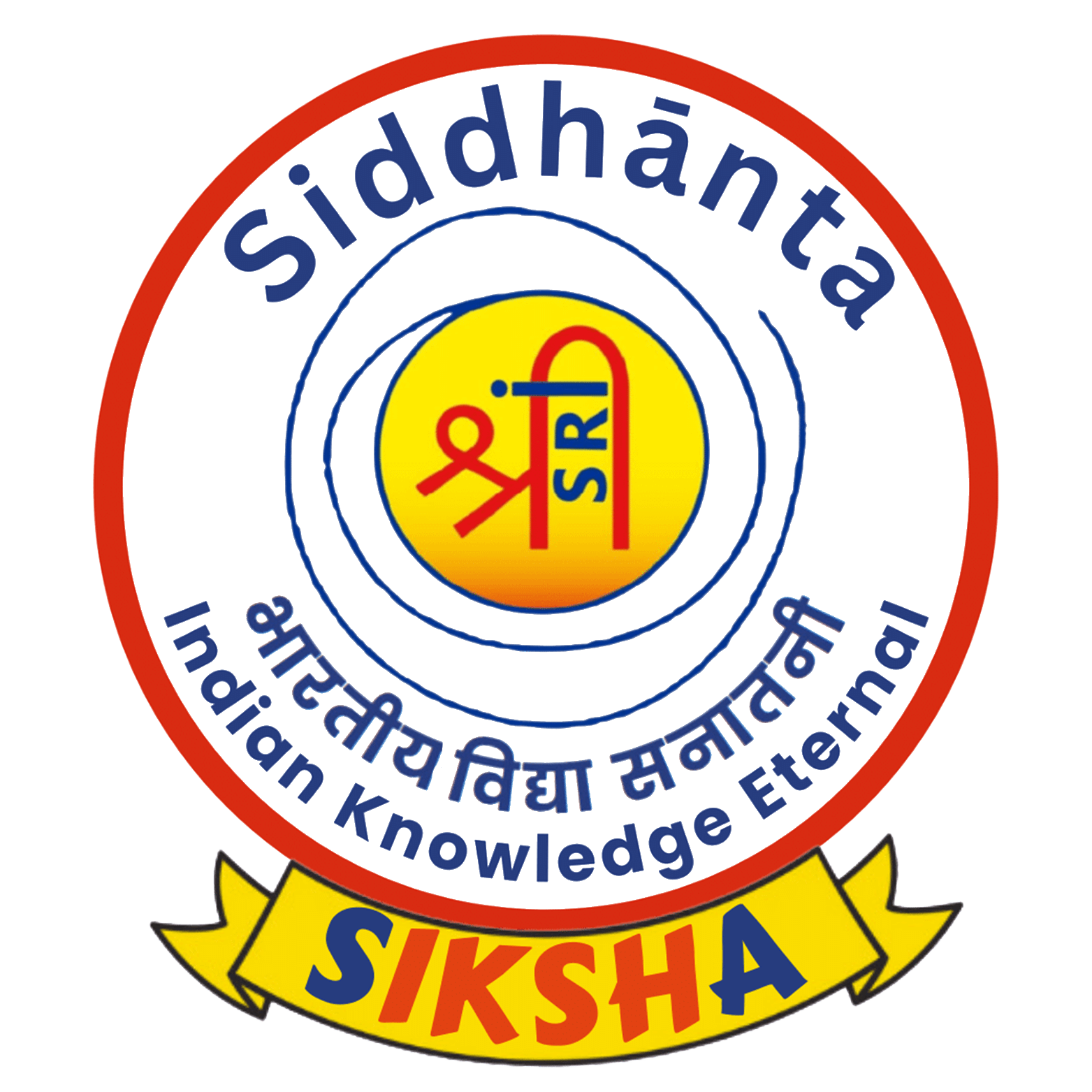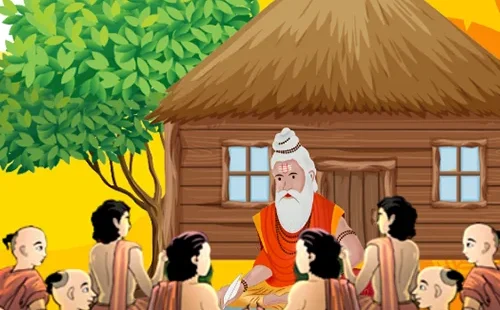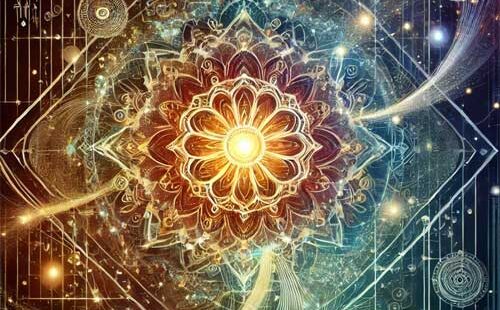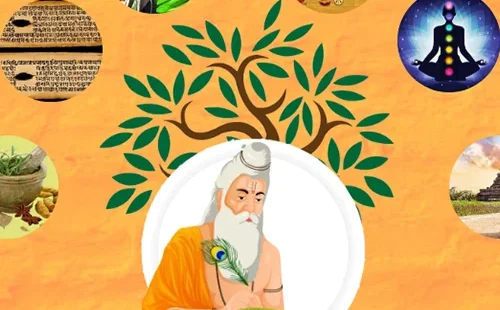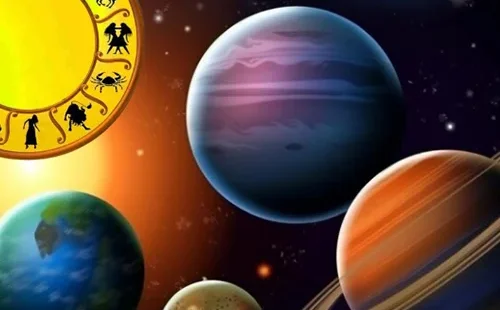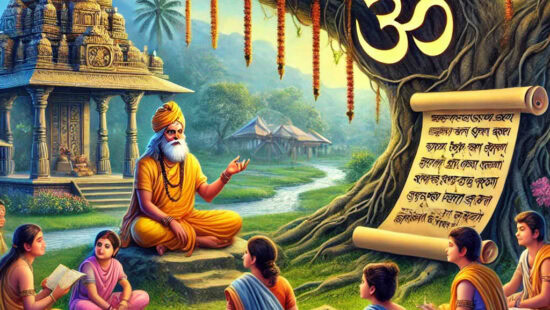Indian Knowledge Systems and Traditions
- 15 Hours
-
1 Credit
*(T&C Apply) Credits applicable only for Undergraduate and Postgraduate students enrolling for SIKSHA courses through academic institutions based in India.
- UG/PG
- Foundation
- Faculty1 , Faculty2
₹2,500.00(GST additional)
About The Course
The course provides a background to Indian knowledge systems and traditions and their relevance in the fields of sciences, technology, literature and arts. Key highlights include: ● Curated for all academic disciplines as a foundational program ● Enables understanding of India’s knowledge framework, its genesis, evolution and key components ● The course is an essential first-step before deep-dive into discipline-specific concepts aligned with various career fields
Syllabus
- Unit 1: Knowledge and its paradigm in Indian knowledge tradition
- ● The importance and stature of knowledge in the Indian world (1 module)
- ● The foundations of knowledge: the Vedas (1 module)
- ● The systems of knowledge: the chaturdasa-vidyasthana-s (apart from the 4 vedas) (1 module)
- ● Chatusshashti kalaa-s (1 module)
- Unit 2: Vedas, Vedanga-s and Upaveda-s
- ● Structure and content of the 4 Vedas
- ● Vedangas- Siksha
- ● Nirukta
- ● Vyākaraṇa
- ● Jyotiṣa
- ● Chandas
- ● Kalpa
- ● Subsidiaries of Vedas (Upaveda-s) Ayurveda
- ● Illustrations of Upaveda-s: Gandharvaveda
- Unit 3: Knowledge in practice
- ● Dhatuvada- The science of Metallurgy
- ● Indian architecture II: Temples (1 module)
- ● Indian architecture III: Town planning (1 module)
- Unit 4: Skills in practice: chosen vidya-s
- ● Gandhashastra (1 module)
- ● Alekhyavidya (1 module)
- ● Ratna-pariksa
- ● Yantramatrka
More Information
- Learning Objectives
- ● Introduction to the foundational building blocks of Indian knowledge systems
- ● Understanding classifications of knowledge
- ● Familiarizing with Bhāratīya traditions and their worldview
- Intended Outcomes
- ● Know the structure, hierarchy and classifications of Indian knowledge systems
- ● Overview of specific areas of Indian traditional knowledge, architecture and arts
- ● Appreciate the contributions made by Indian Knowledge systems in some of the technical fields such as mineralogy, mechanics etc.












